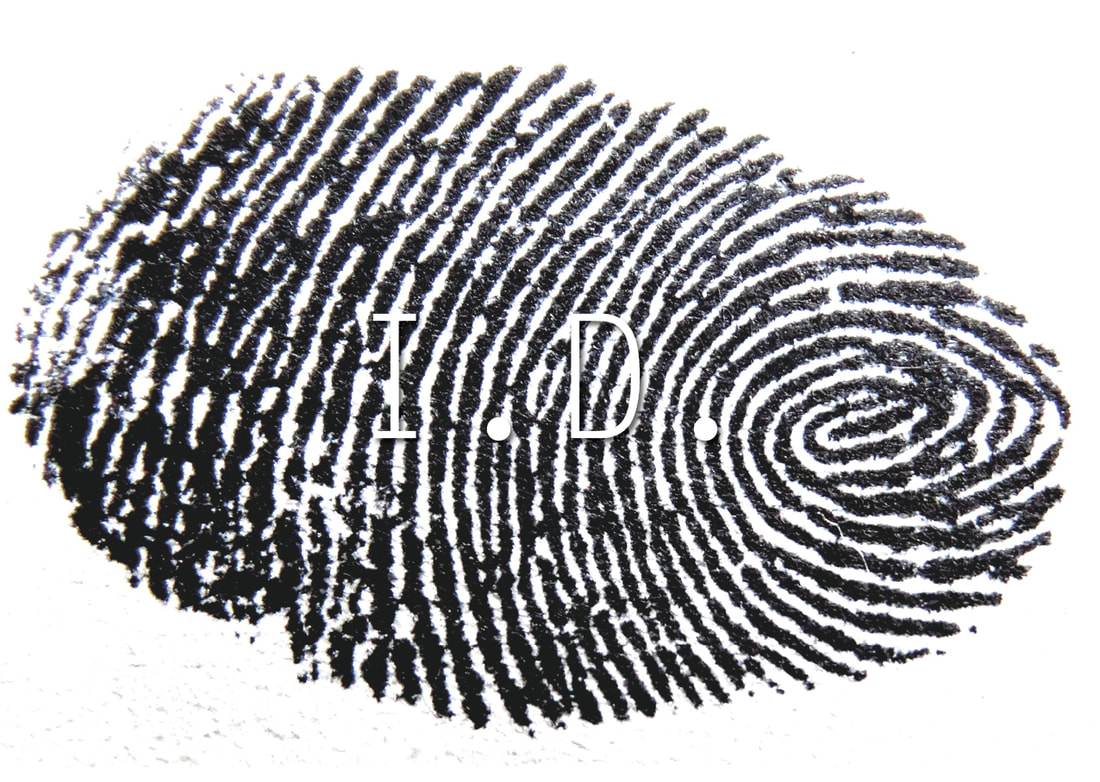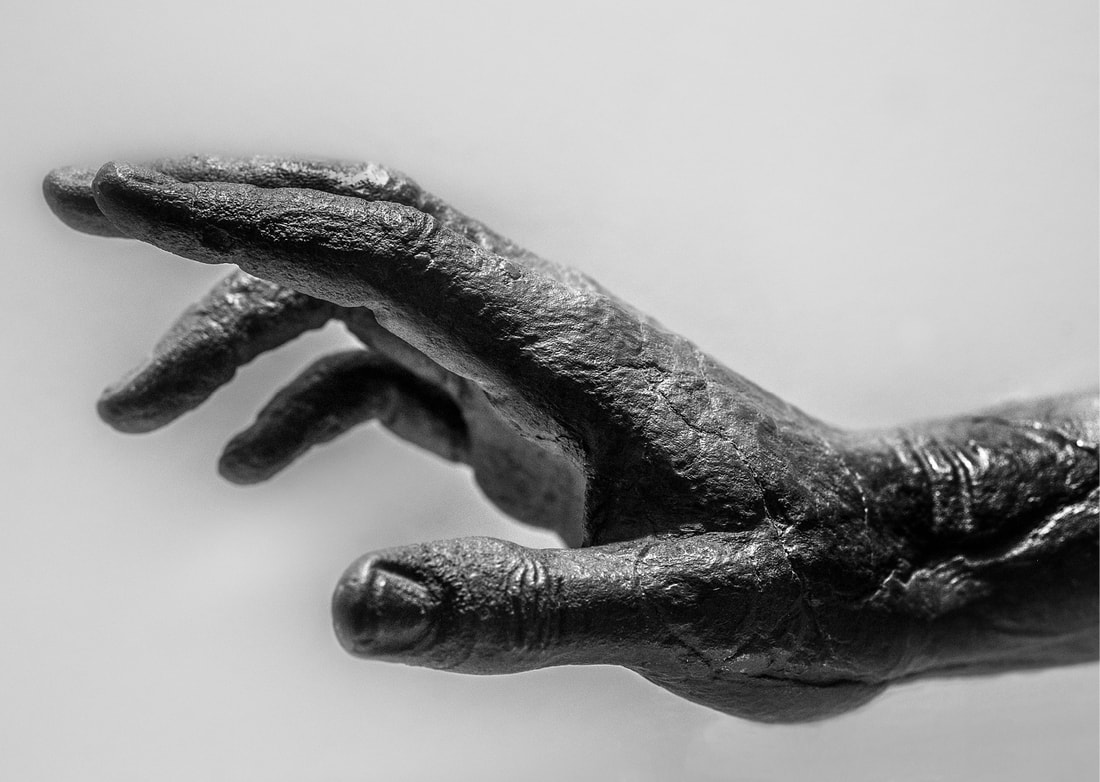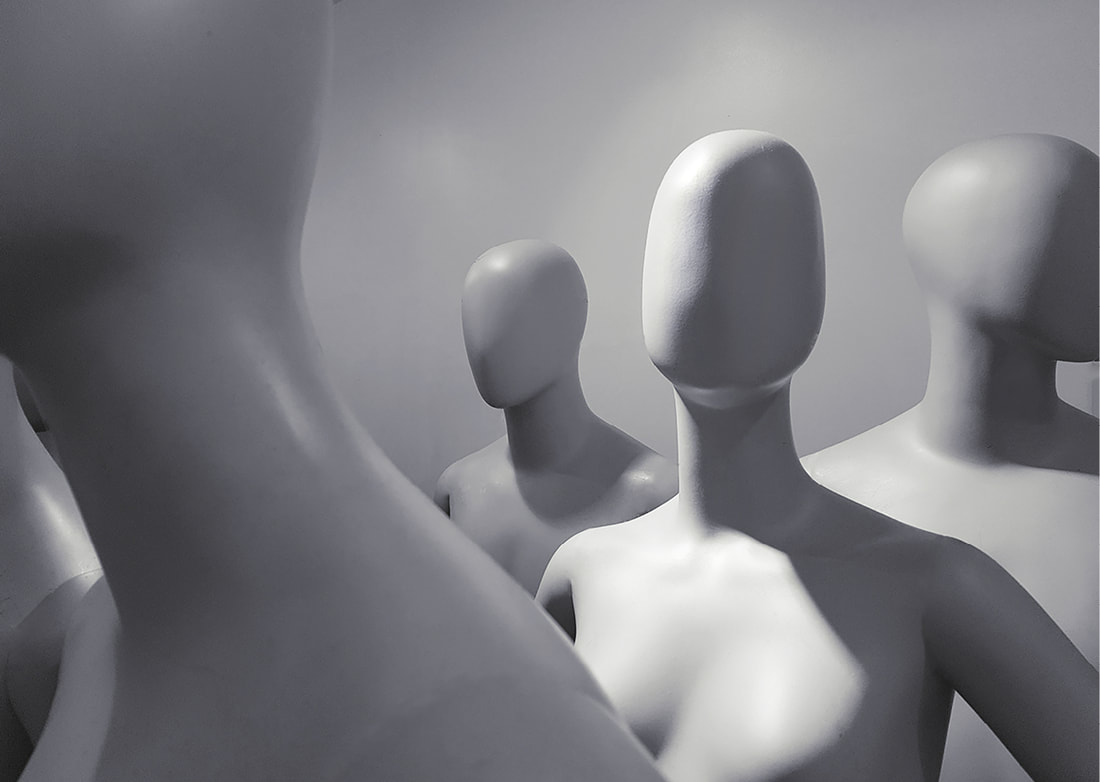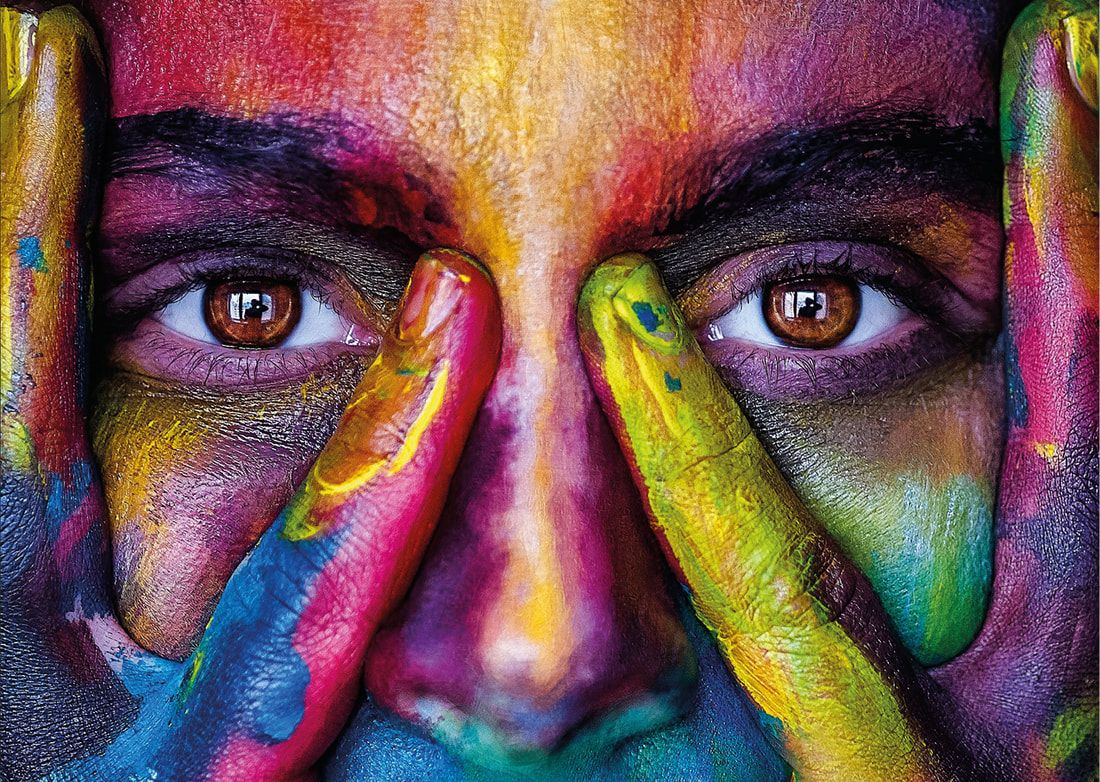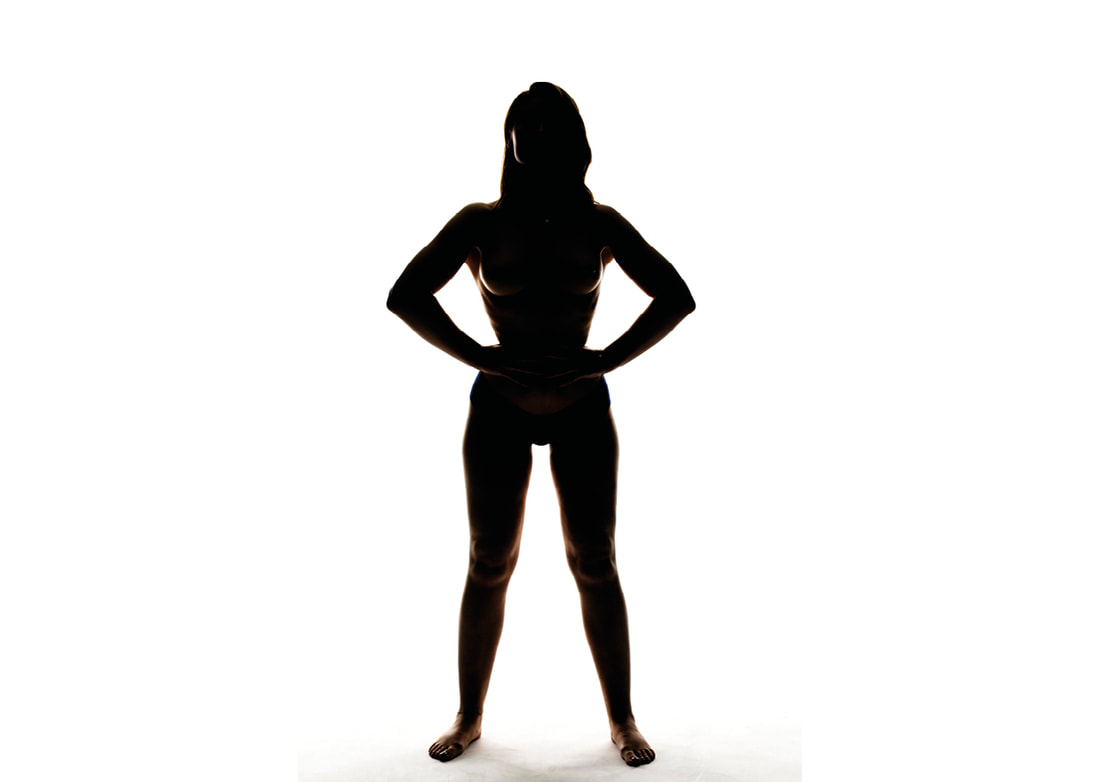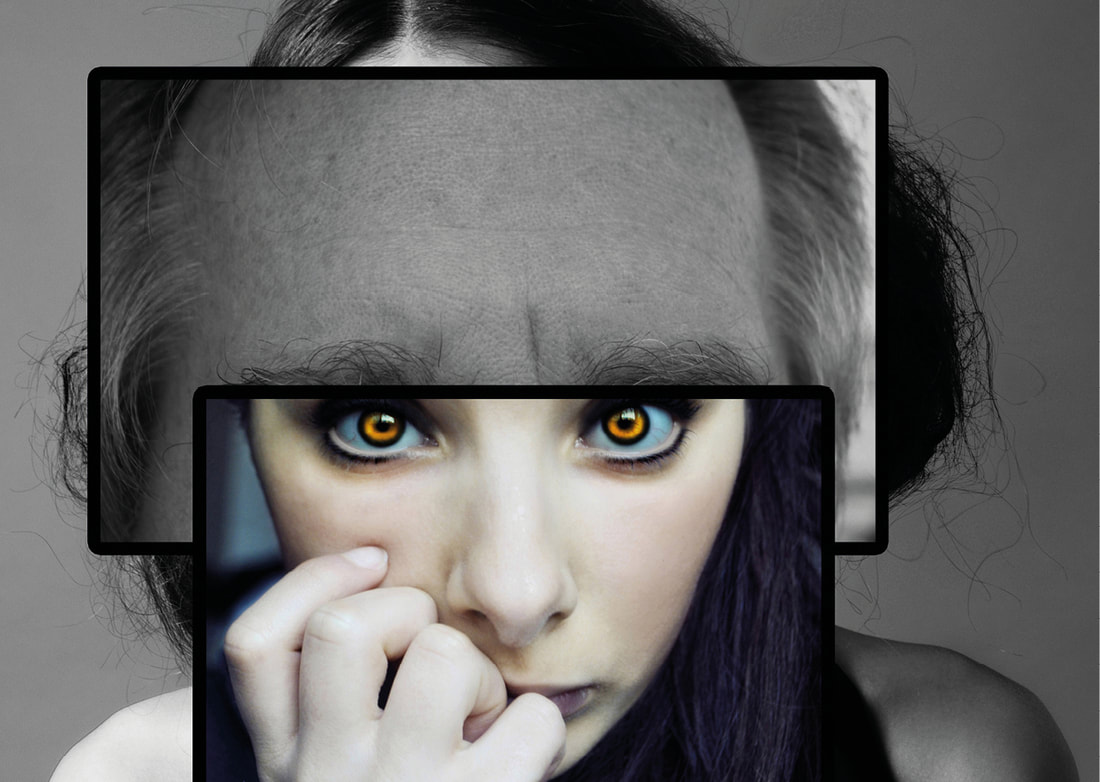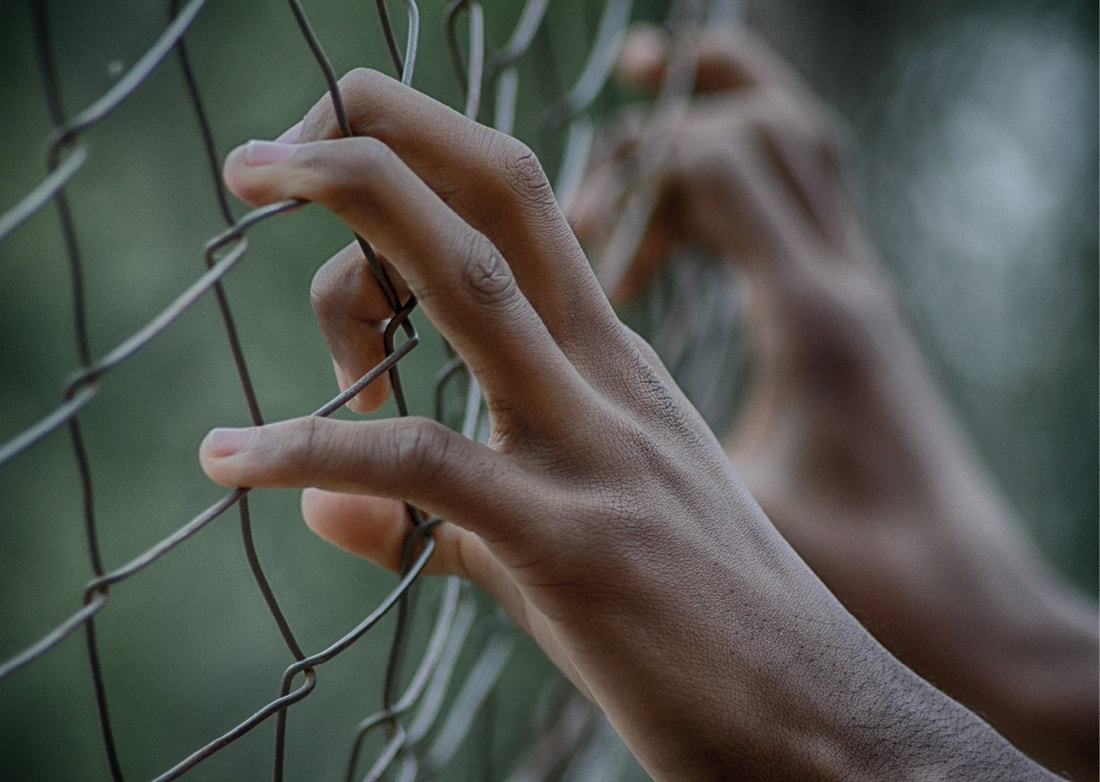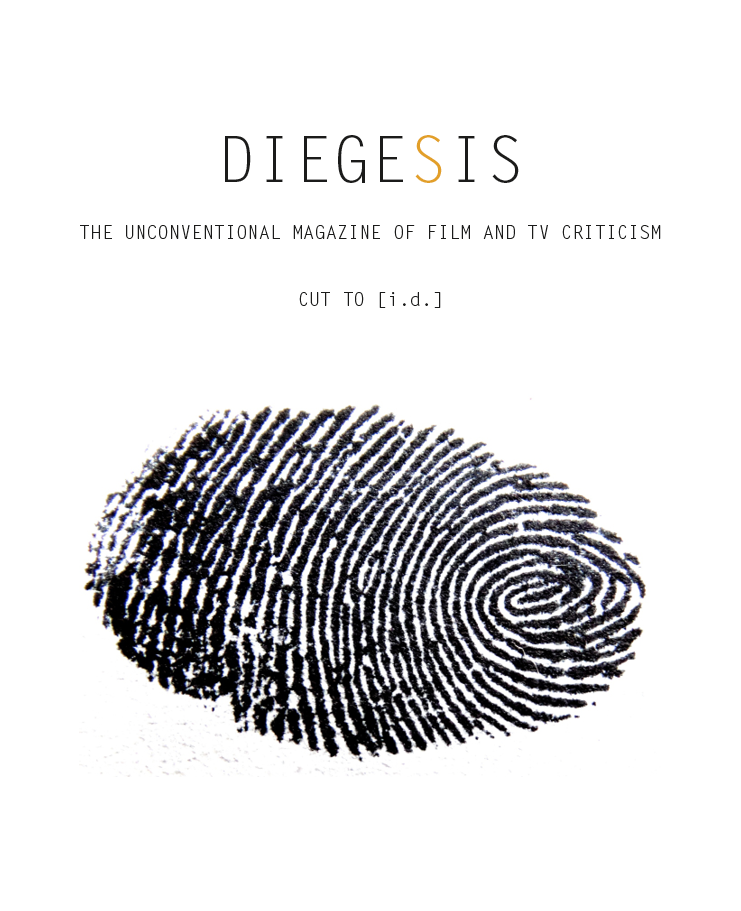Welcome to our first flipped issue, a double issue in which we turn our attention to identity and control. The focus could not be more timely given the current industrial focus on gender, sexuality, race, class and power in the wake of #MeToo, #TimesUp, #OscarsSoWhite, calls for better support for working class actors and disability representation.
Of course, the screen has long held a fascination with questions of identity and the politics of representation. Who are we? Why are we? How are we? Where are we? Film and television have the power to influence, guide and inspire us. When it comes to identity and representation, this power is only starting to become better acknowledged. It is a troubling but also exciting time for filmmakers and content producers. But also for audiences, who are demanding better, more responsible representations.
The articles in our 11th print issue explore critical debates and screen representations of race, gender, sexuality, disability and mental health. Examining narratives of boys meeting girls, black meeting white, or mind meeting matter, our writers examine the screen’s attempts to subvert stereotypes, dispel myths and readdress problematic assumptions. Collectively, they call attention to identity as a construction, an image to be broken down and interrogated.
Of course, the screen has long held a fascination with questions of identity and the politics of representation. Who are we? Why are we? How are we? Where are we? Film and television have the power to influence, guide and inspire us. When it comes to identity and representation, this power is only starting to become better acknowledged. It is a troubling but also exciting time for filmmakers and content producers. But also for audiences, who are demanding better, more responsible representations.
The articles in our 11th print issue explore critical debates and screen representations of race, gender, sexuality, disability and mental health. Examining narratives of boys meeting girls, black meeting white, or mind meeting matter, our writers examine the screen’s attempts to subvert stereotypes, dispel myths and readdress problematic assumptions. Collectively, they call attention to identity as a construction, an image to be broken down and interrogated.
ARTICLES PUBLISHED ONLINE MAY - JUNE 2018
"WHAT ARE YOU?"
|
TRANS-FORMING THE SCREEN
|
PRIDE AND PREJUDICE
|
THE INVISIBLE SEXUALITY
|
MIND OVER MATTER
|
A STORY OF GIRL MEETS BOY
|
QUEER IS THE NEW STRAIGHT
|
DIEGESIS CUT TO [i.d.] is also available in print from Solent University and around Southampton. Contact us for more info. |

